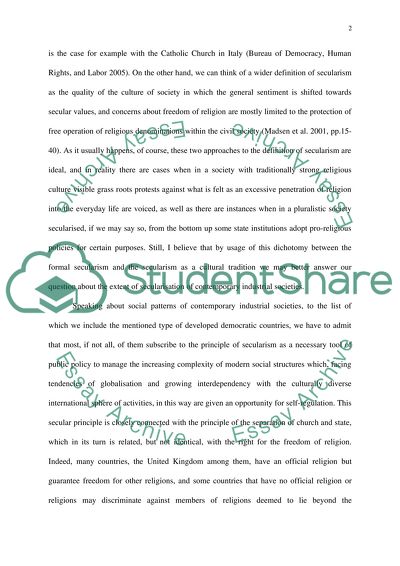Cite this document
(“Industrial Society Essay Example | Topics and Well Written Essays - 1750 words”, n.d.)
Industrial Society Essay Example | Topics and Well Written Essays - 1750 words. Retrieved from https://studentshare.org/sociology/1518329-industrial-society
Industrial Society Essay Example | Topics and Well Written Essays - 1750 words. Retrieved from https://studentshare.org/sociology/1518329-industrial-society
(Industrial Society Essay Example | Topics and Well Written Essays - 1750 Words)
Industrial Society Essay Example | Topics and Well Written Essays - 1750 Words. https://studentshare.org/sociology/1518329-industrial-society.
Industrial Society Essay Example | Topics and Well Written Essays - 1750 Words. https://studentshare.org/sociology/1518329-industrial-society.
“Industrial Society Essay Example | Topics and Well Written Essays - 1750 Words”, n.d. https://studentshare.org/sociology/1518329-industrial-society.


